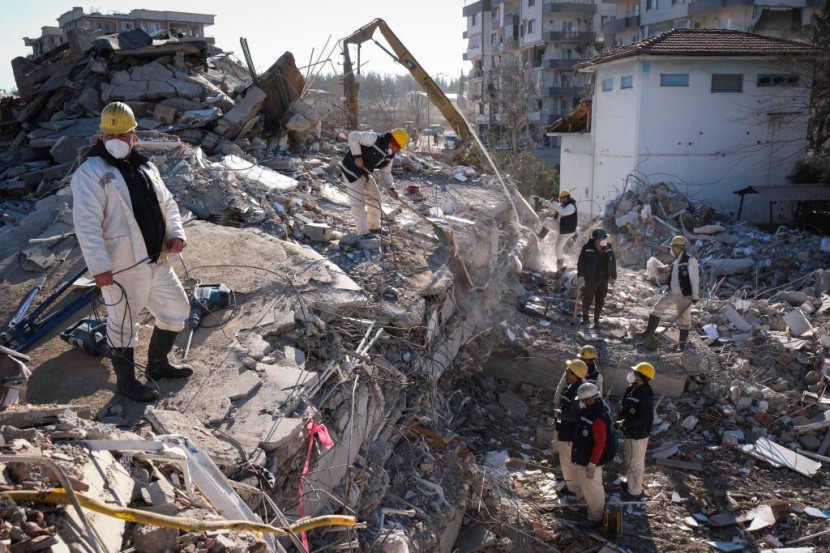After a devastating 7.8-magnitude earthquake struck Kahramanmaras and 10 other provinces in southern Turkey on the morning of Feb. 6, images of construction vehicles tearing down houses were seared into Turkish minds six months ago today, according to The Associated Press.
More than 50,000 people lost their lives, while many more were left without homes and had to find temporary shelter in tents and other structures.
According to figures from the International Labor Organization, 658,000 individuals were unemployed. A total of 300,000 buildings were damaged, which added to the material cost. Buildings that were about to collapse needed to be demolished, debris needed to be removed, and survivors needed to be saved.
However, the most recent demolition is occurring in Istanbul, Turkey's largest city, distant from the epicenter of the earthquake. This time, the structure was demolished in order to prevent similar terrifying scenarios from happening again rather than as part of search and rescue attempts.
Experts say Istanbul is situated on a significant fault line that could suddenly rupture. Both the national and municipal governments are working against time to ease the pain of the February earthquake and prepare their towns for potential future disasters to limit damage from any future quakes.
Read also: Turkey Earthquake Death Toll Now Over 1,200
The Issue With Political Rivalry
Even preparation can be compromised by political rivalry, as seen by the fact that the national government in Ankara and the authorities in the Istanbul municipality, which is controlled by the opposition, cannot agree on the precise number of structures that could collapse in the event of an earthquake. However, both estimate the number at hundreds of thousands.

Following the catastrophe in February, the mayor of Istanbul, Ekrem Imamoglu, a well-known opponent of President Recep Tayyip Erdogan, designated 318 structures housing more than 10,000 people for demolition.
Ankara started a number of initiatives to examine damaged structures inside and beyond the 11 earthquake-affected provinces. In the interim, victims have been given the option to relocate in public housing developments constructed by the Housing Development Administration of Turkey, or TOKI.
Those who are still in the earthquake-affected provinces are seeking quicker action, despite the fact that both the ruling party and the opposition made several promises in the run-up to the elections in May.
The earthquake victims have already had to contend with catastrophe recovery, the greatest housing crisis in decades, and a divisive election. They won't have had much of a break from politics because Turkey's municipal elections in March will be fiercely contested. After winning the national elections in May, Erdogan has vowed to retake the major cities he lost in 2019.
One of Erdogan's campaign initiatives had been to emphasize the need for housing and assistance in earthquake-affected areas. The government made sure to give earthquake victims amenities, housing, and financial relief.
Related article : Turkey Earthquake: 200 People Punished Over Bad Construction








